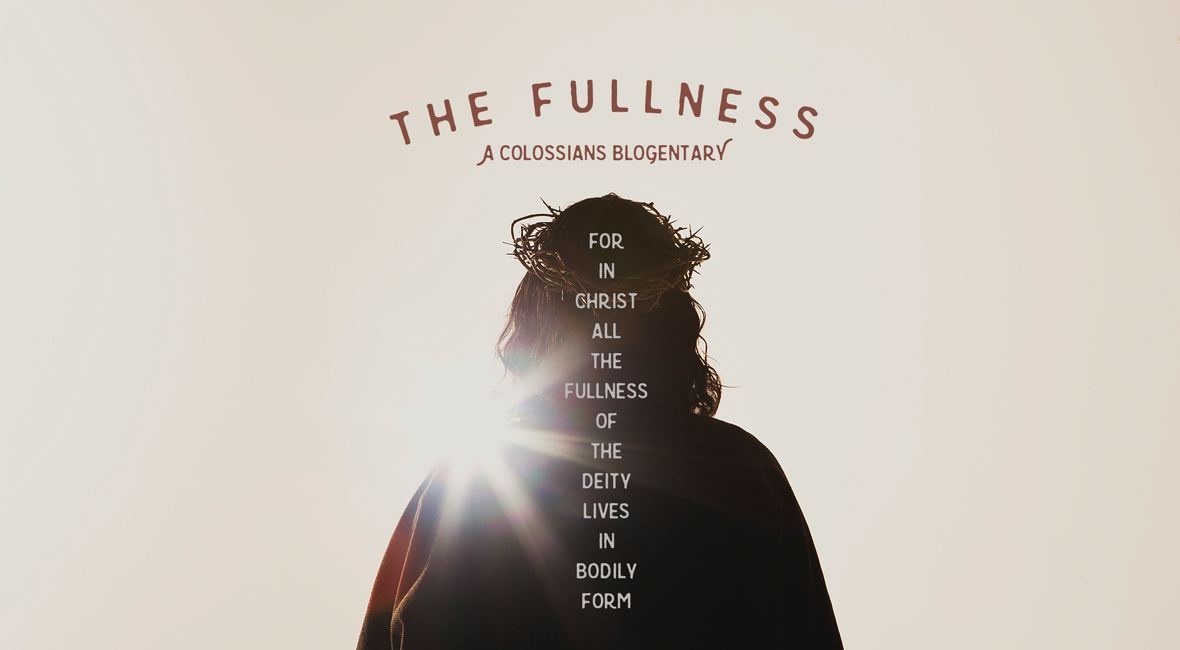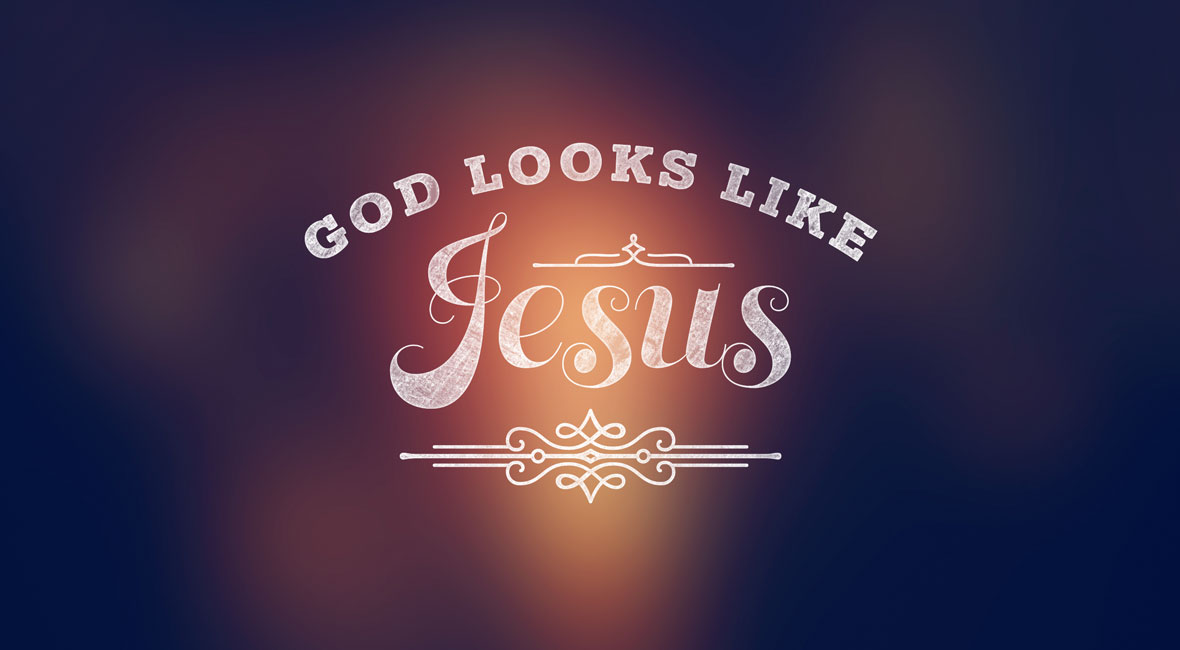Our Reconciliation – 1:21-23
21 Once you were alienated from God and were enemies in your minds because of your evil behavior. 22 But now he has reconciled you by Christ’s physical body through death to present you holy in his sight, without blemish and free from accusation— 23 if you continue in your faith, established and firm, and do not move from the hope held out in the gospel. This is the gospel that you heard and that has been proclaimed to every creature under heaven, and of which I, Paul, have become a servant.
In opening up his explanation on the hymn, Paul writes about the unredeemed state in which we find ourselves before putting our faith in Christ. Like all of us, the Colossian Christians were once at odds with God, alienated from him, and even enemies with him. Our minds are the battleground for our souls, and it is here that we wage war against the wisdom and understanding of God. Evil behavior stems from a mind at enmity with God. “People are not inwardly hostile vs. God because of their outward acts of sins; they commit sins because they are inwardly hostile.”[i] Sinful actions and behaviors are the evidence of an internal hostility toward God and a rejection of the “wisdom and understanding that the Spirit gives.” This rejection in the mind results in ignorance of God’s will, and thus we find ourselves not only spiritually adrift, but applauding and encouraging evil. Such is our condition apart from Christ.
But in Christ, we are reconciled, made holy by Christ’s physical body in his death. Just as the hymn proclaims that Jesus has made peace between us and God through his blood, Paul here reaffirms that sentiment in proclaiming our reconciliation with God in Jesus. The scope of the hymn is universal, proclaiming peace for all things. Here, Paul boils down that universality to the specificity of the Colossian Christians. You have been reconciled.




 What we imagine when we think about God is important. The image of God we construct in our minds is vital for determining what kind of relationship we have with him. Whether we have a relationship with God founded on love or terror, grace or law, depends in large part on the picture of God we live with in our inner being.
What we imagine when we think about God is important. The image of God we construct in our minds is vital for determining what kind of relationship we have with him. Whether we have a relationship with God founded on love or terror, grace or law, depends in large part on the picture of God we live with in our inner being.
